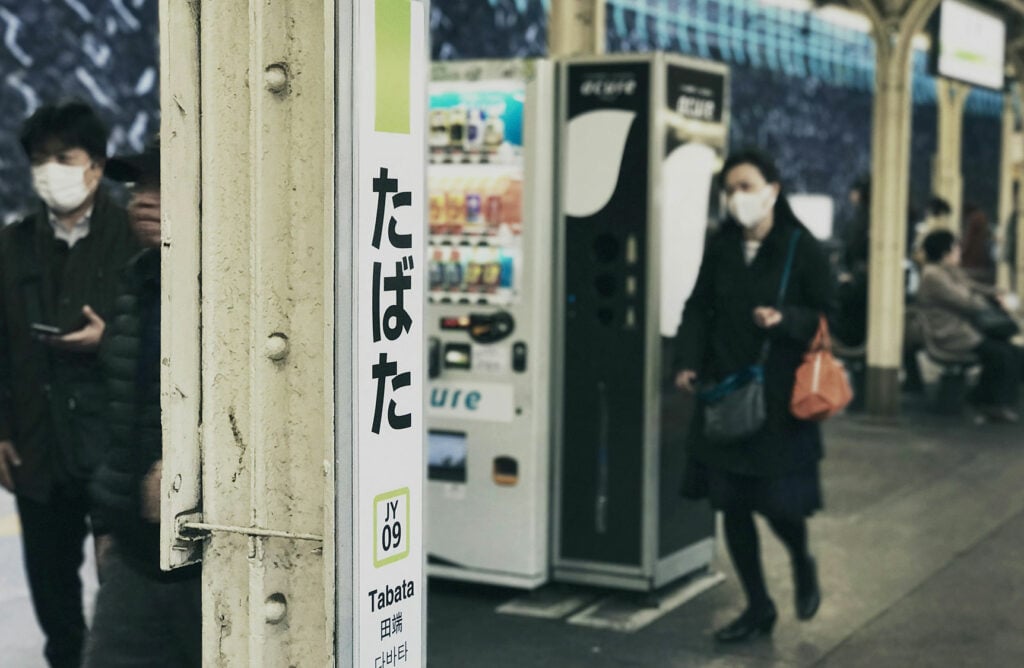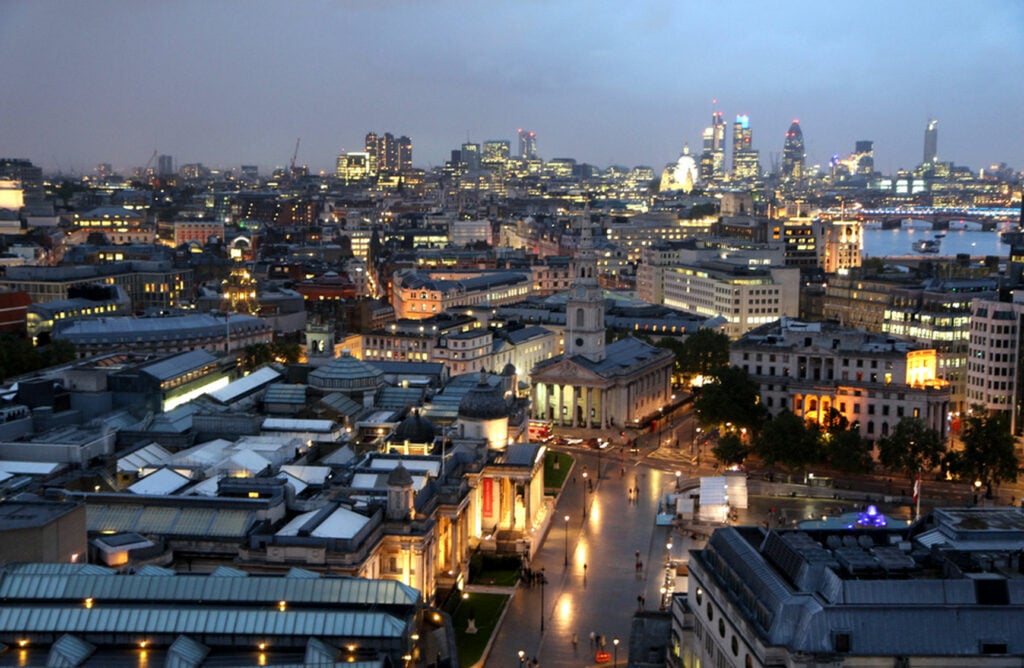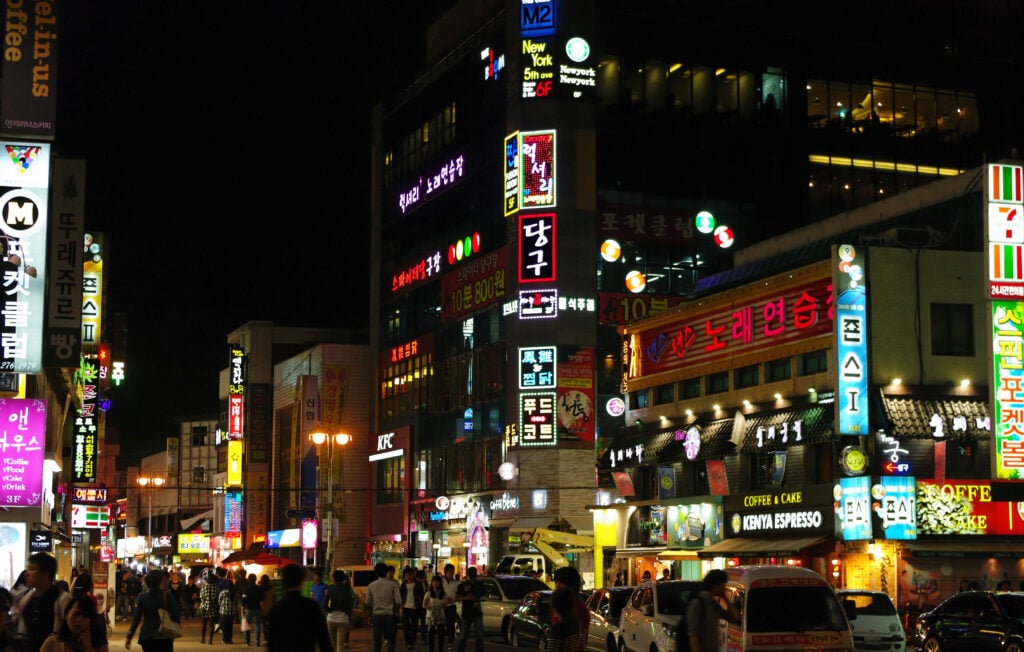Countering Authoritarianism in Asia During COVID-19: Findings & Resources
From 2020 to 2024, ICNL worked with FORUM-ASIA, Media Defence and over a dozen local civil society organizations to address authoritarian measures enacted throughout the Indo-Pacific region in response to COVID-19. Together, we focused on advocacy and data-driven research to show that collaborative, rights-respecting approaches produced better public health outcomes.
What Did the Work Involve?
ICNL tracked practices impacting civic freedoms in a Global COVID-19 tracker, and documented Asia-specific trends and best practices on our Government Responses to COVID-19 in Asia and the Pacific page. We also conducted civil society surveys and organized a regional convening in August 2024 for governments and civil society to come together and share learnings on rights-respecting approaches to emergency governance.
Media Defence provided grant support and litigation trainings to lawyers and journalists, while FORUM-ASIA worked with ASEAN and national human rights institutions (NHRIs) to promote best practices in pandemic policy. ICNL amplified support for democratic emergency governance at the international level, while local partners conducted advocacy with national governments (see list below).
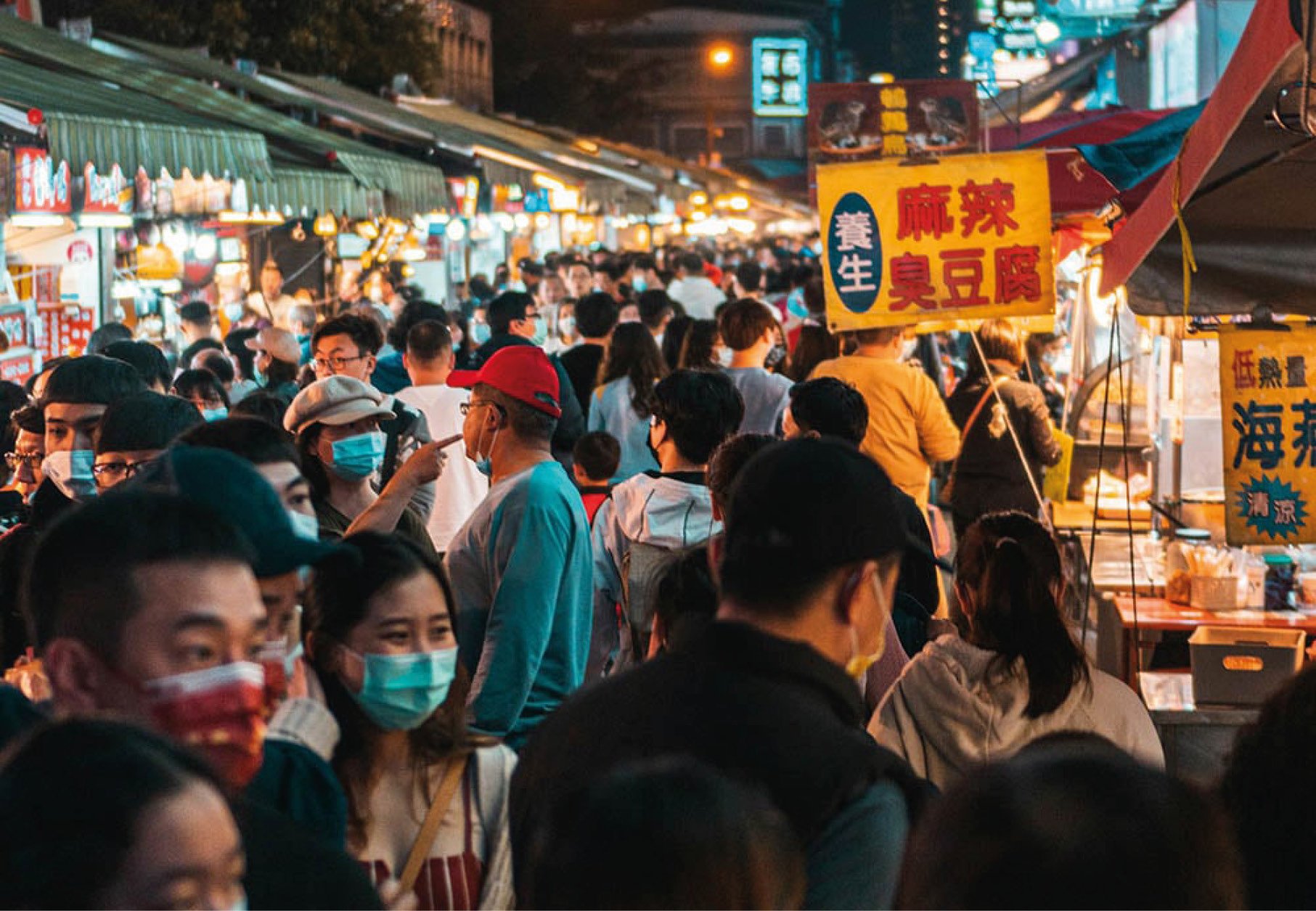
Key Findings
- In many Asian countries, pandemic civic space restrictions were unnecessarily expansive, lacked ‘sunset’ clauses, were extended without democratic mandates, and led to massive rights violations.
- Many countries adopted a securitized response to COVID-19, using military and police to violently enforce curfews and lockdowns.
- Emergency measures and assembly bans were frequently used as justifications to shut down legitimate gatherings and social movements.
- Many countries attempted to police ‘false information,’ but failed to stem misinformation. Instead, disinformation laws were used to crack down on journalists.
- Restrictions on philanthropy and foreign funding led to shortfalls of humanitarian resources, hampering the COVID-19 response.
- Civic space restrictions impeded progress on many Sustainable Development Goals.
- Surveillance and privacy violations proliferated, thanks to the widespread rollout of largely unregulated technologies. Much of this technology remains in place.
- Many governments used COVID-19 to justify rolling back public participation rights, eliminating transparency and oversight.
- While Asia had some of the most restrictive pandemic approaches, it also had some of the best. South Korea, New Zealand, Japan, and Taiwan stand out as countries that protected democratic and civic freedoms while effectively managing the pandemic. Their collaborative governance approaches offer guidance for how to protect both rights and public health in the future.
- Other governments adopted some positive practices, from regularly publishing updated health data (Singapore), to encouraging government scrutiny and transparency around pandemic policies (Thailand, Australia, Timor-Leste), to reducing barriers to funding and project approvals (Nepal, Bangladesh).
- Civil society learned how to mobilize during the lockdown era and conduct advocacy remotely and creatively.
ICNL Reports: Emergency Governance
Best Practice Case Studies
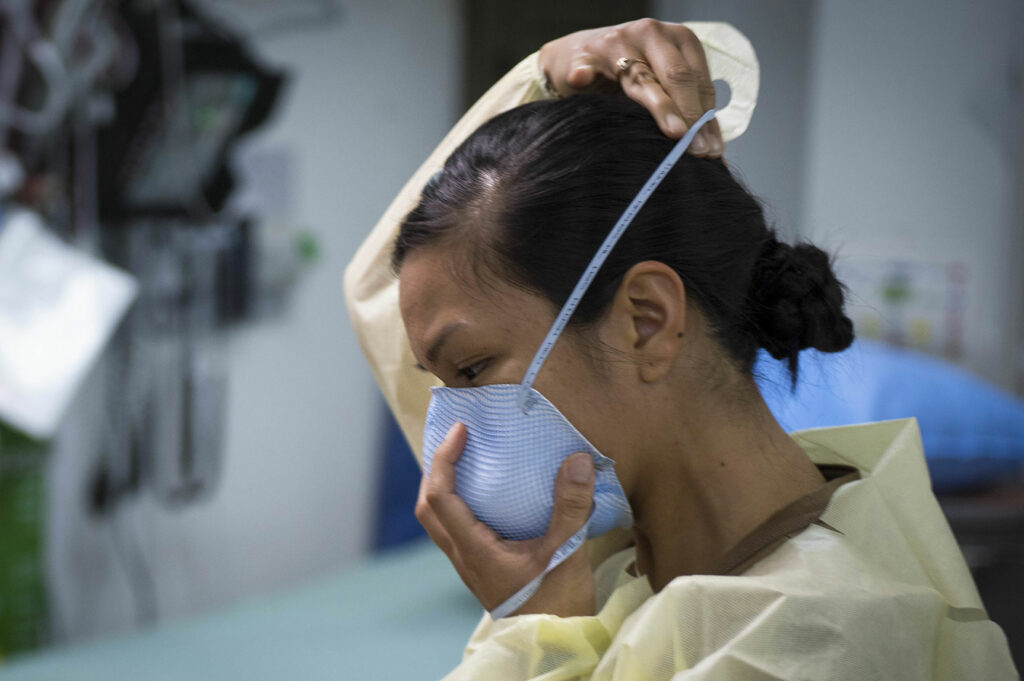
Collaborative Governance in Taiwan’s Covid-19 Pandemic Response: Lessons Learned From a Human Rights Perspective
FULL RESOURCEPartner Reports
REPORTS are listed below
Civil society partners conducted ground-breaking reporting and advocacy in novel areas, from the rampant use of surveillance technology during the pandemic, to the abuse of emergency laws in countries like Thailand and Malaysia. The following is a selection of key partner resources.
- SAFENet: Breaking Barriers to Multistakeholder Collaboration: Southeast Asia Civil Society and Covid-19 Surveillance Technology
- iLaw: Thailand’s COVID Emergency Decree: Suppressing Dissent in the Name of Public Health
- Asia Centre: Moving Beyond COVID-19 Restrictions in Asia: Pushing Back Against Authoritarian Pandemic Governance
- Media Defence:
- FORUM-ASIA
- Towards a Better Partnership Between Civil Society Organisations, National Human Rights Institutions, and ASEAN Human Rights Mechanisms to Address the Pandemic’s Impact on the Human Rights Crisis in Southeast Asia
- Repressive Measures During COVID-19 Pandemic in South Asia
- Human Rights in Southeast Asia in Times of Pandemic
- Report on the ACWC+10: Assessing the Commission’s Impact on Protecting Women and Children’s Rights in ASEAN
- State of Disruption: Assessing the Impact of Malaysia’s COVID-19 laws on civic space
Thematic Briefers
Briefers are listed below
These briefers, written by Meghna Sharma, Prashant Singh, and Kirana Anjani, explore specific rights and topics related to authoritarian emergency governance, including freedom of expression, freedom of assembly, vulnerable groups, privacy, and civil society responses to government overreach.
- A Pandemic of Silence: Impact of Authoritarian COVID-19 Policies on Freedom of Expression in the Indo-Pacific
- Resilience in Southeast Asia: Civil Society’s Response to Government Pandemic Overreach
- Freedom of Assembly During COVID-19
- COVID-19, vulnerable groups, and civic freedoms
- Privacy Rights During COVID-19
- Briefer: Freedom of Expression During COVID-19
Country-Specific Summaries
Throughout this program, ICNL supported partner organizations including iLaw (Thailand), SAFENet (Indonesia), RMIT Vietnam, CODE-NGO, Center for Development Programs in the Cordillera (CDPC) and the National Union of Peoples’ Lawyers (the Philippines), APAC GATES (Taiwan), Dignity Initiative, Collective Campaign for Peace (COCAP), and Informal Sector Service Centre (INSEC) (Nepal), Asia Centre (regional), VOICE (Bangladesh), PRIA and Internet Freedom Foundation (India), and DHRRA Malaysia to carry out local and national advocacy with governments to protect civic space during times of emergency.
Below are short country summaries of COVID-19 tracking data and desk research on how pandemic responses impacted civic freedoms:
Sign up for our newsletters
Sign up
